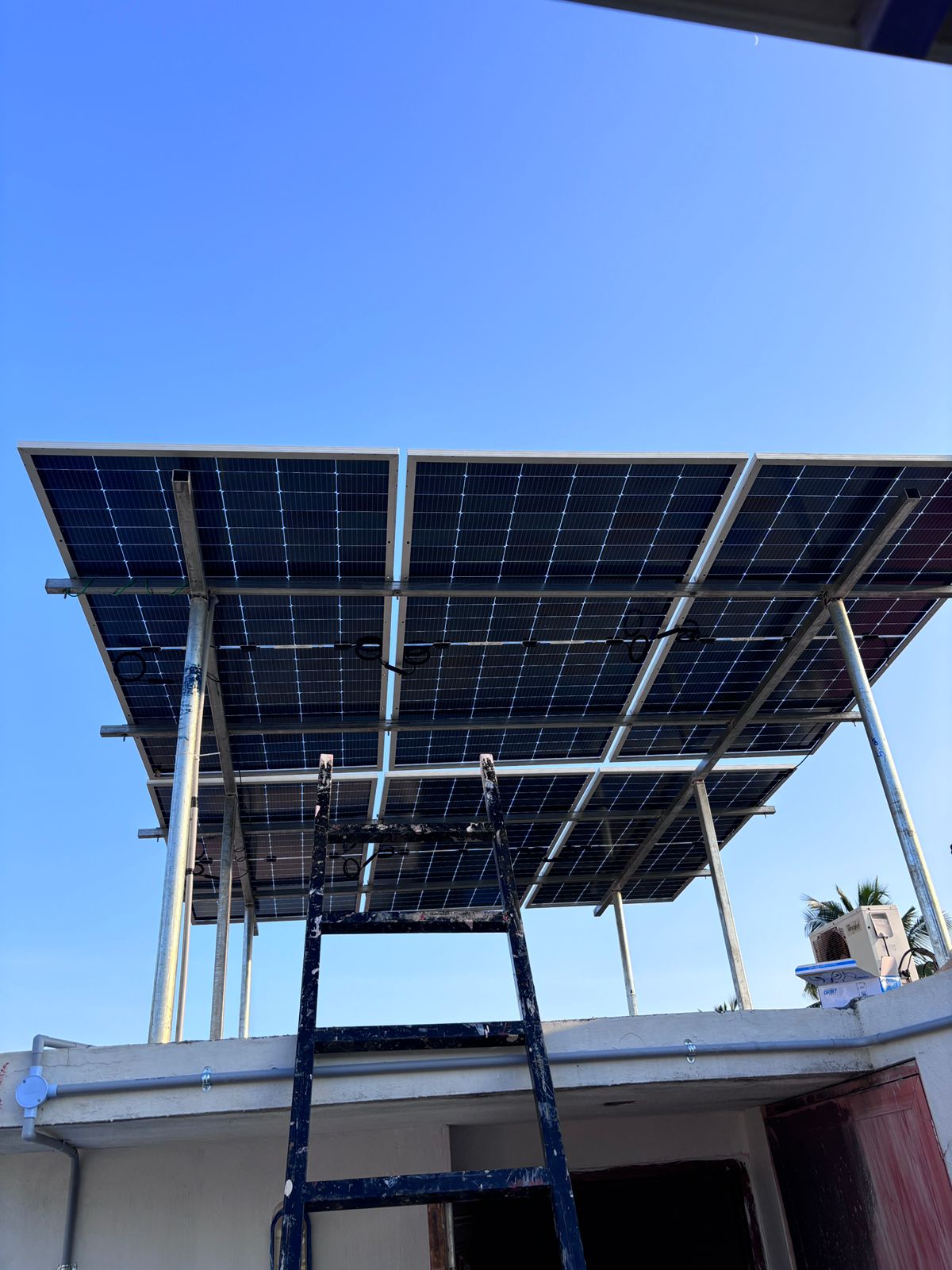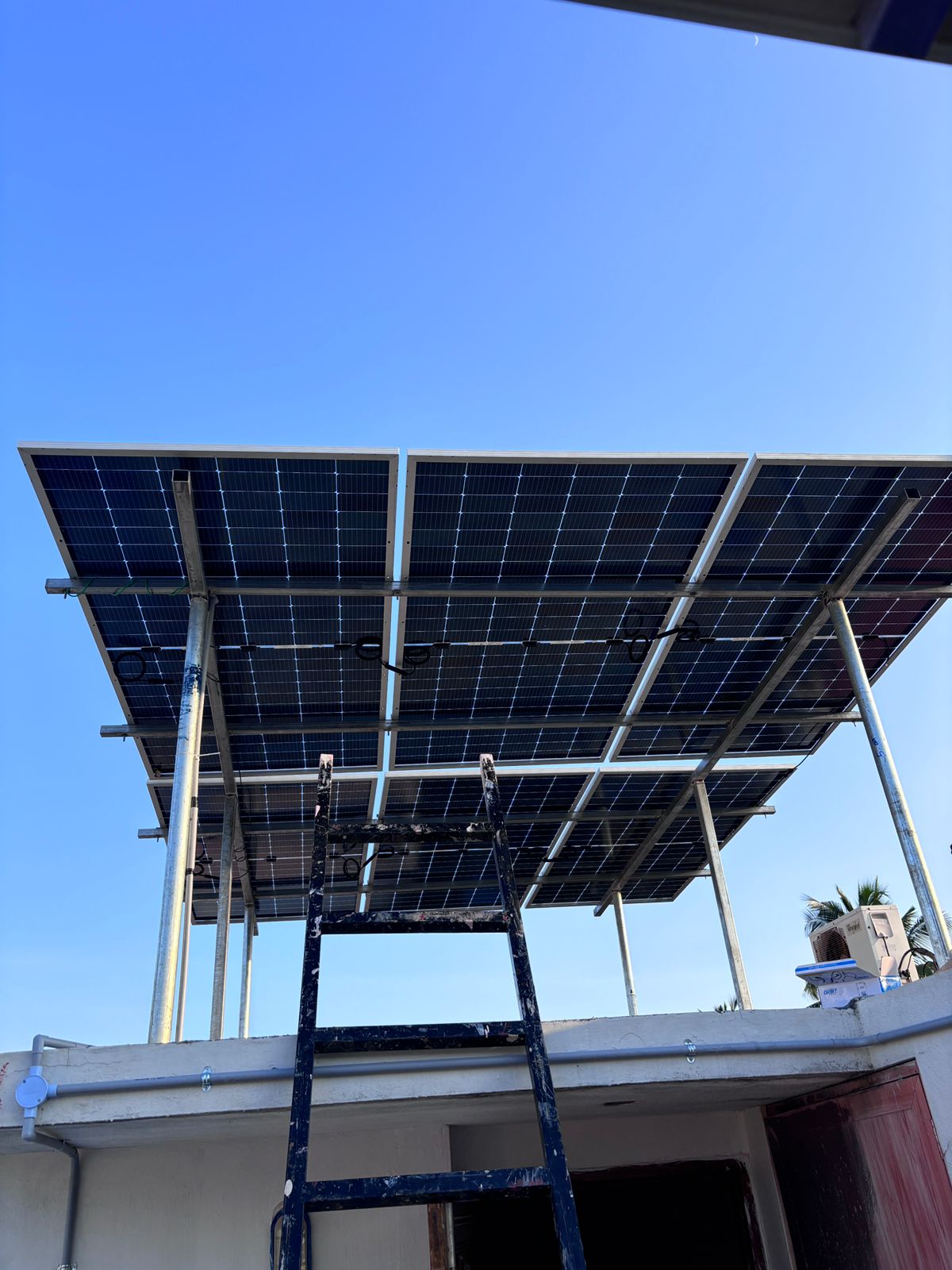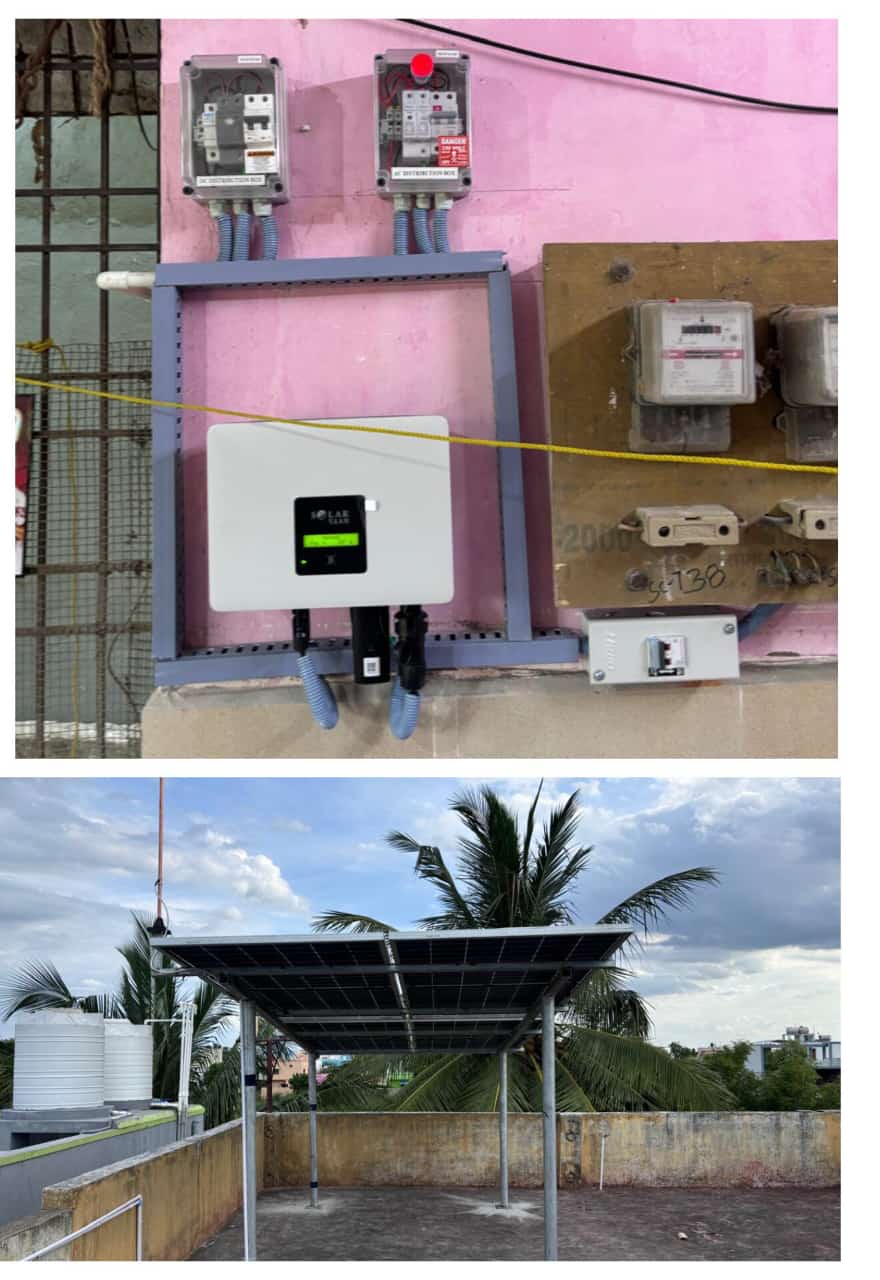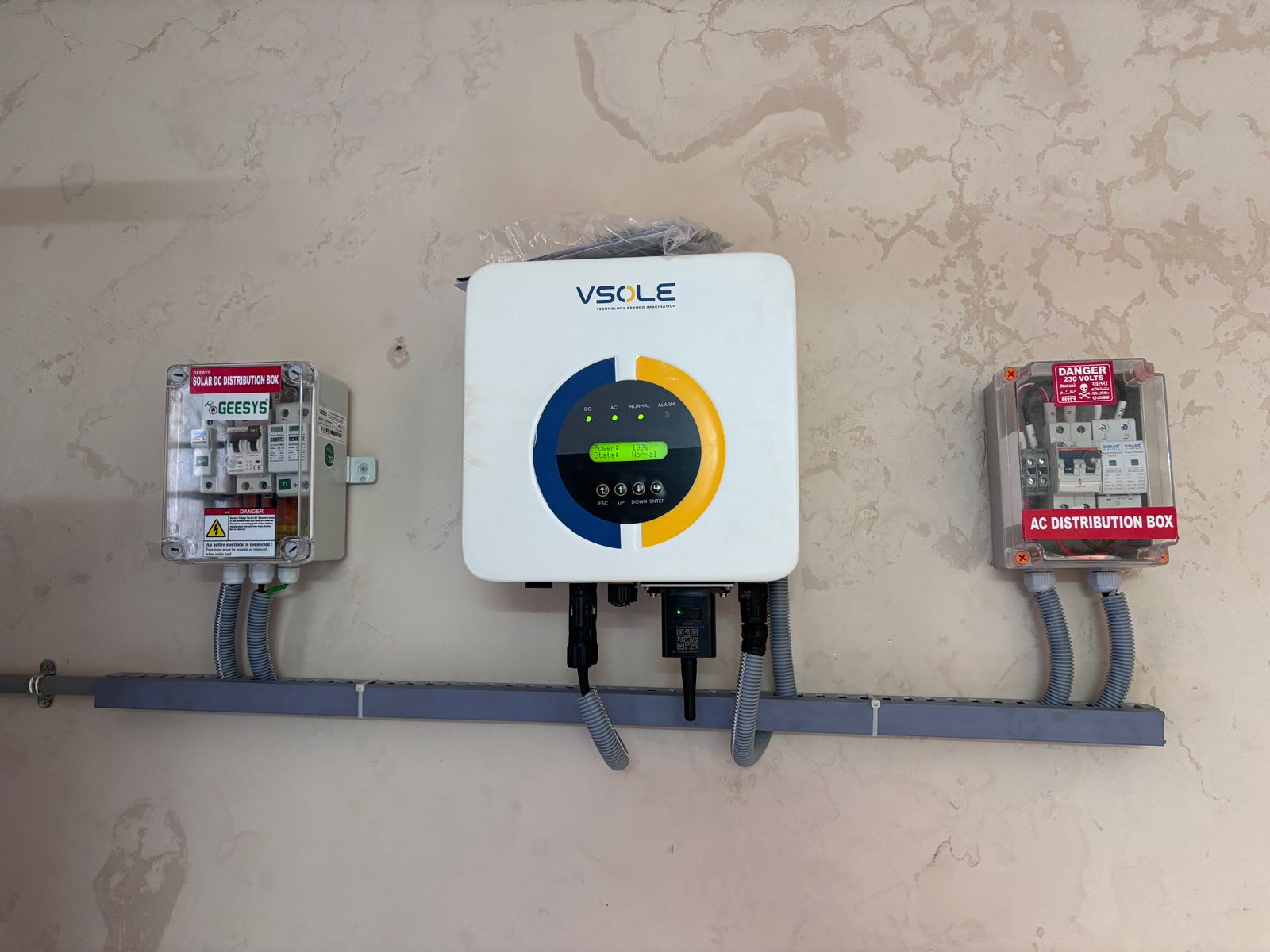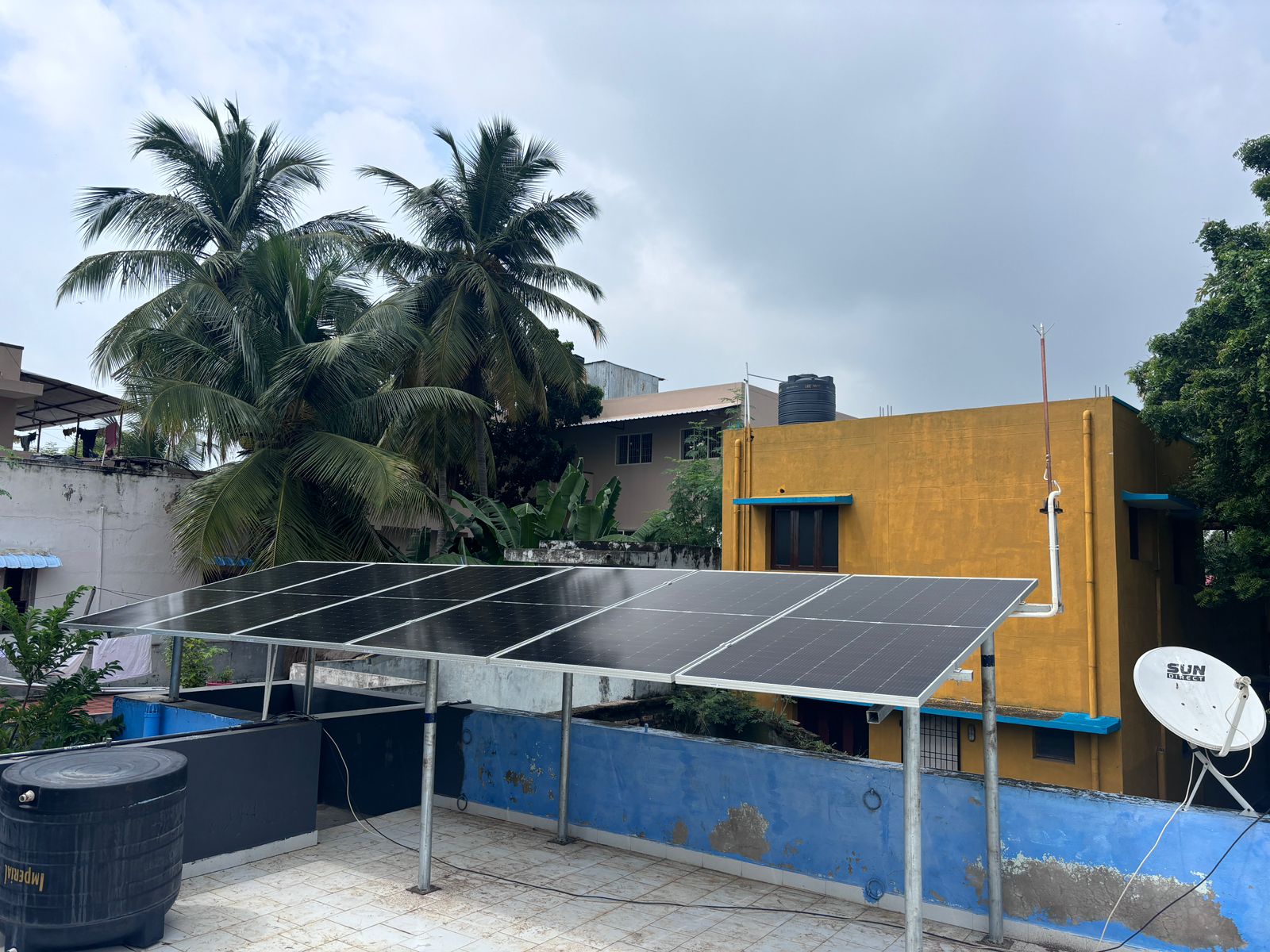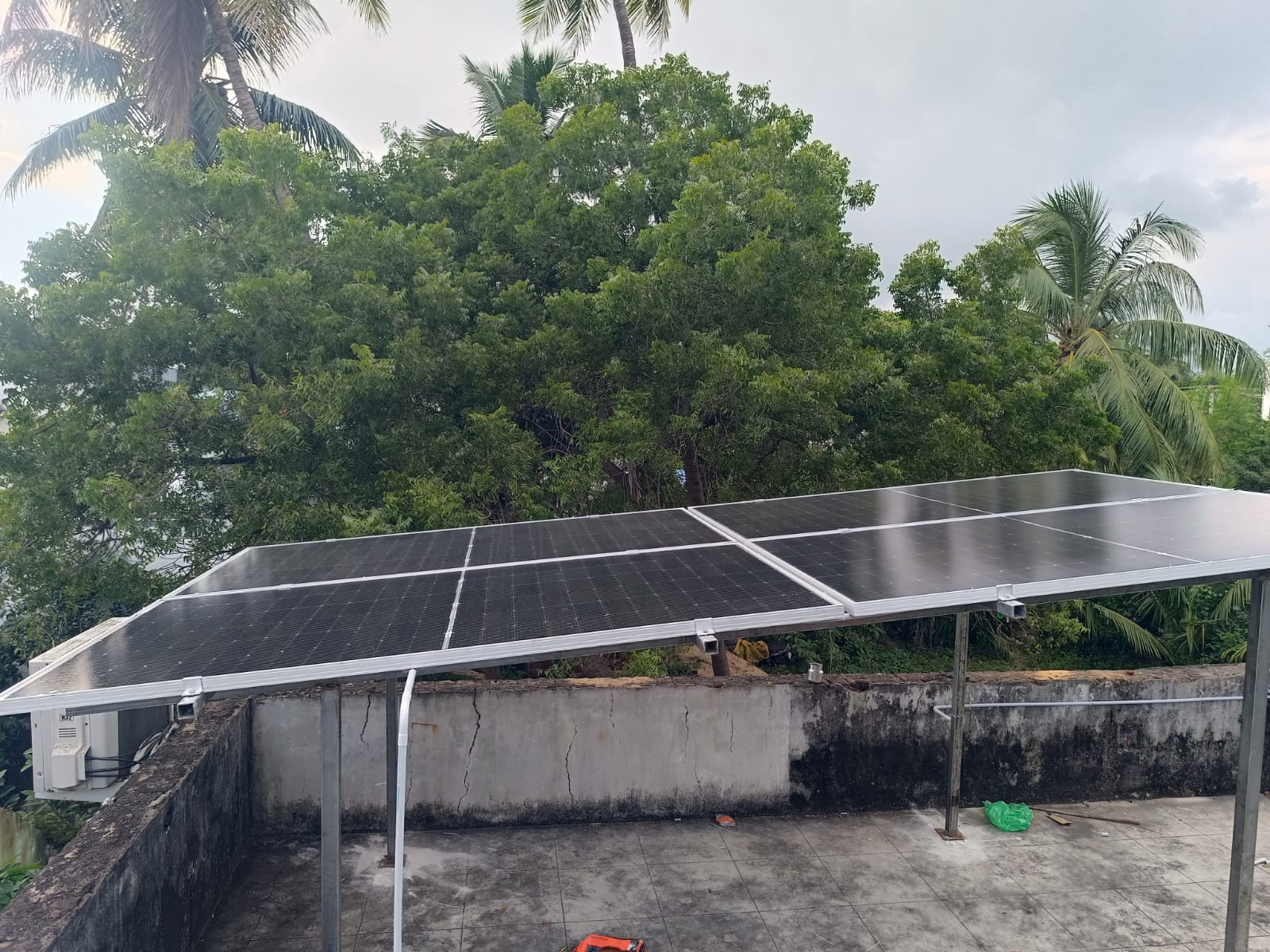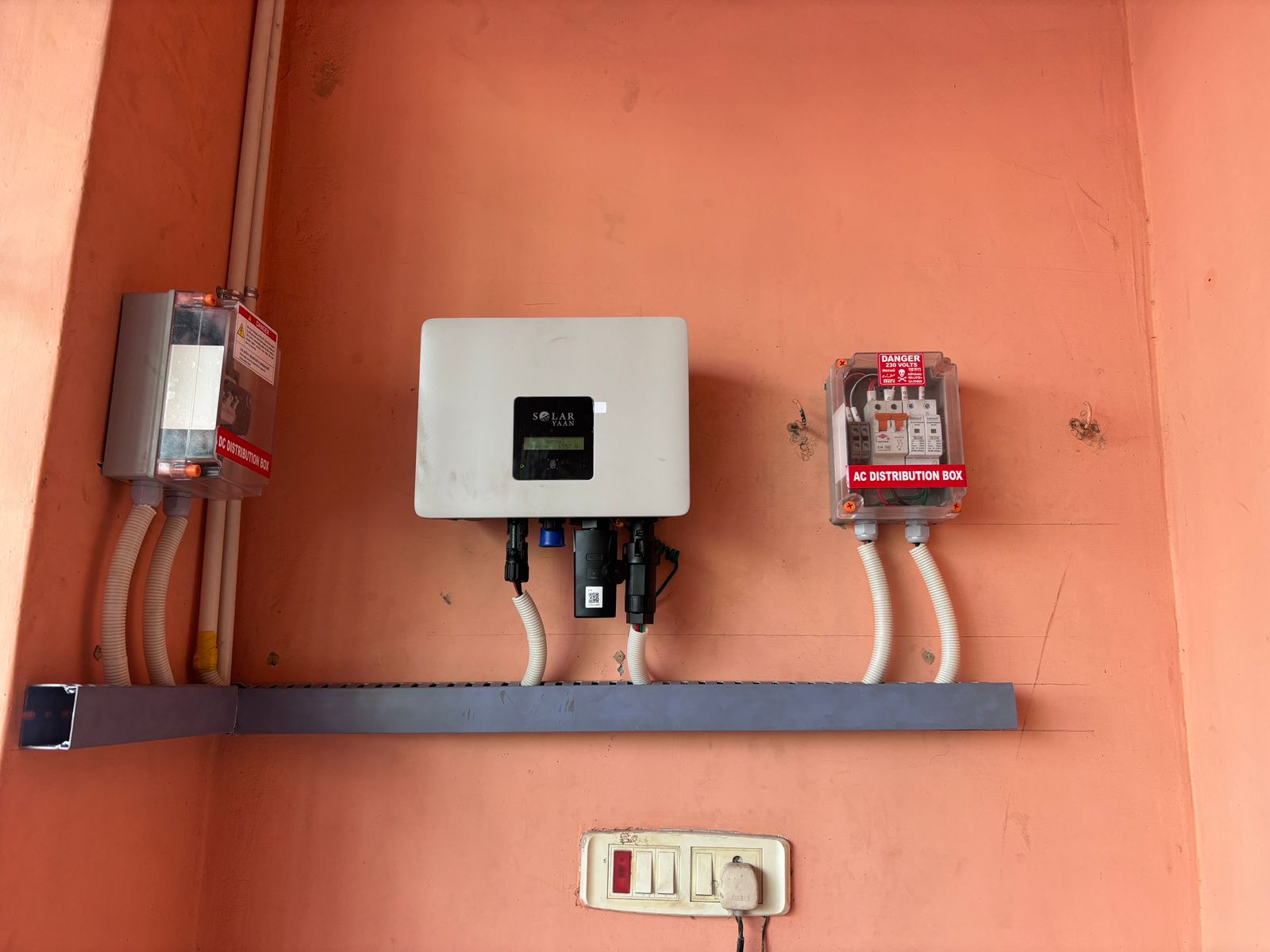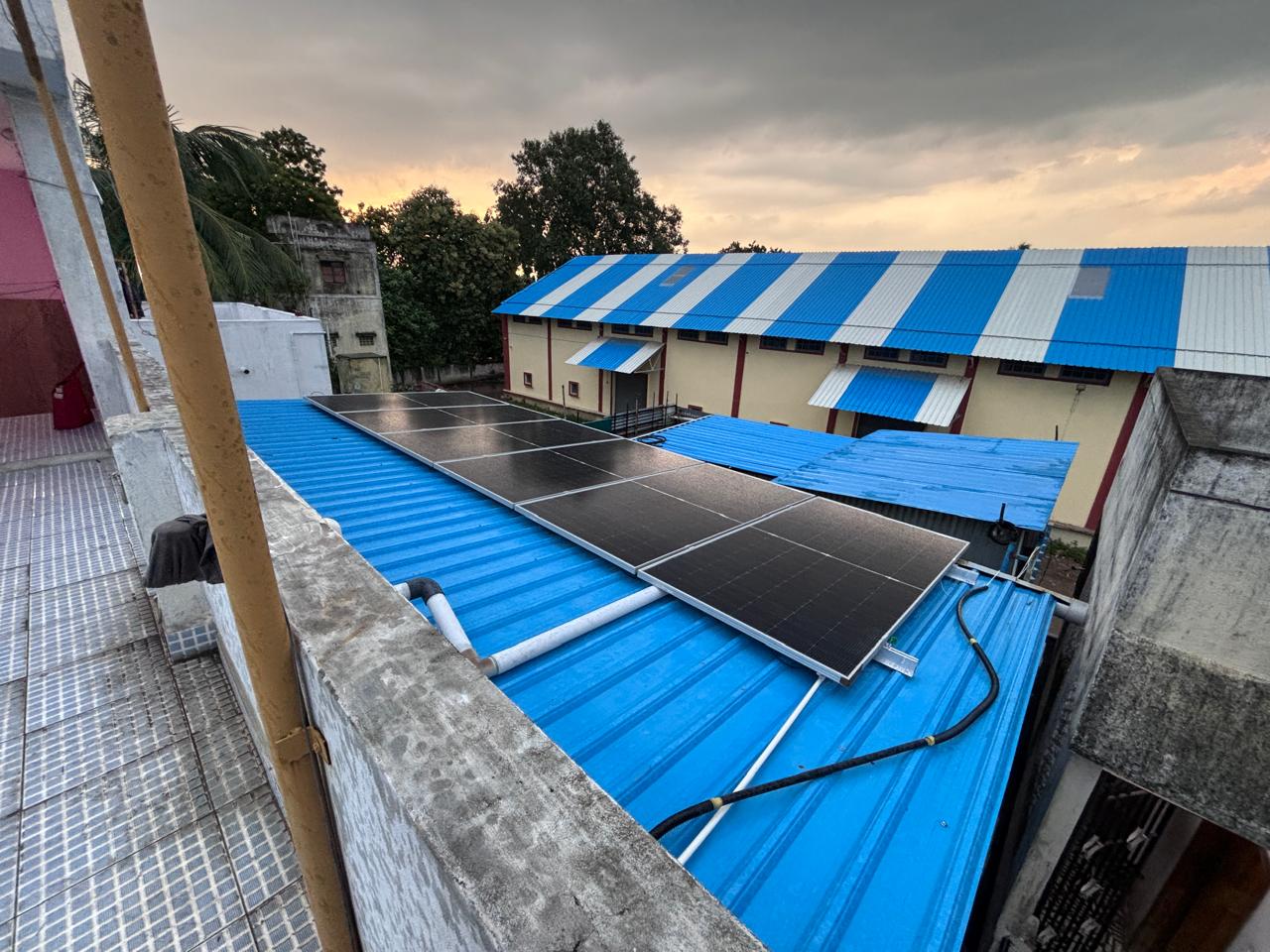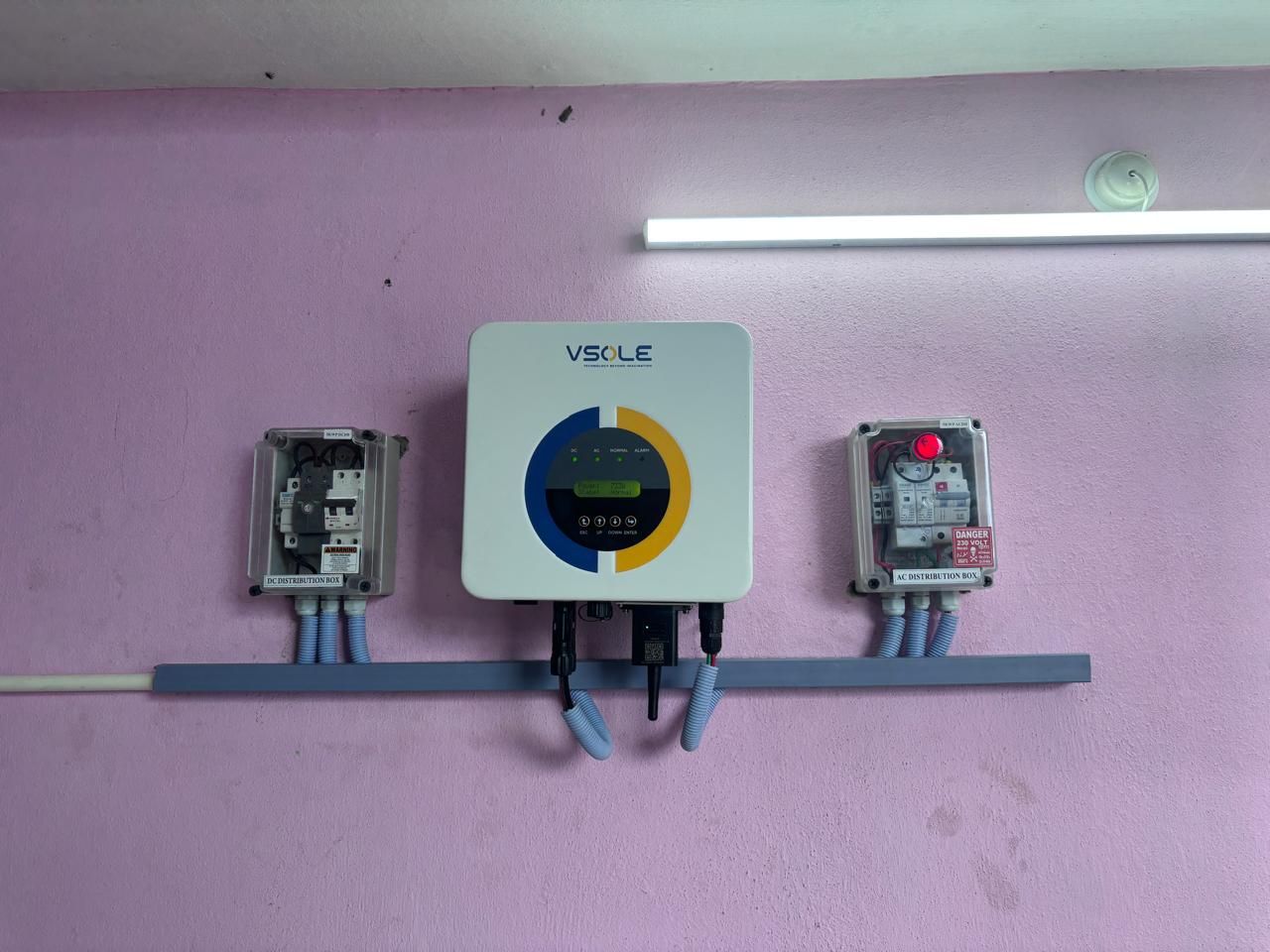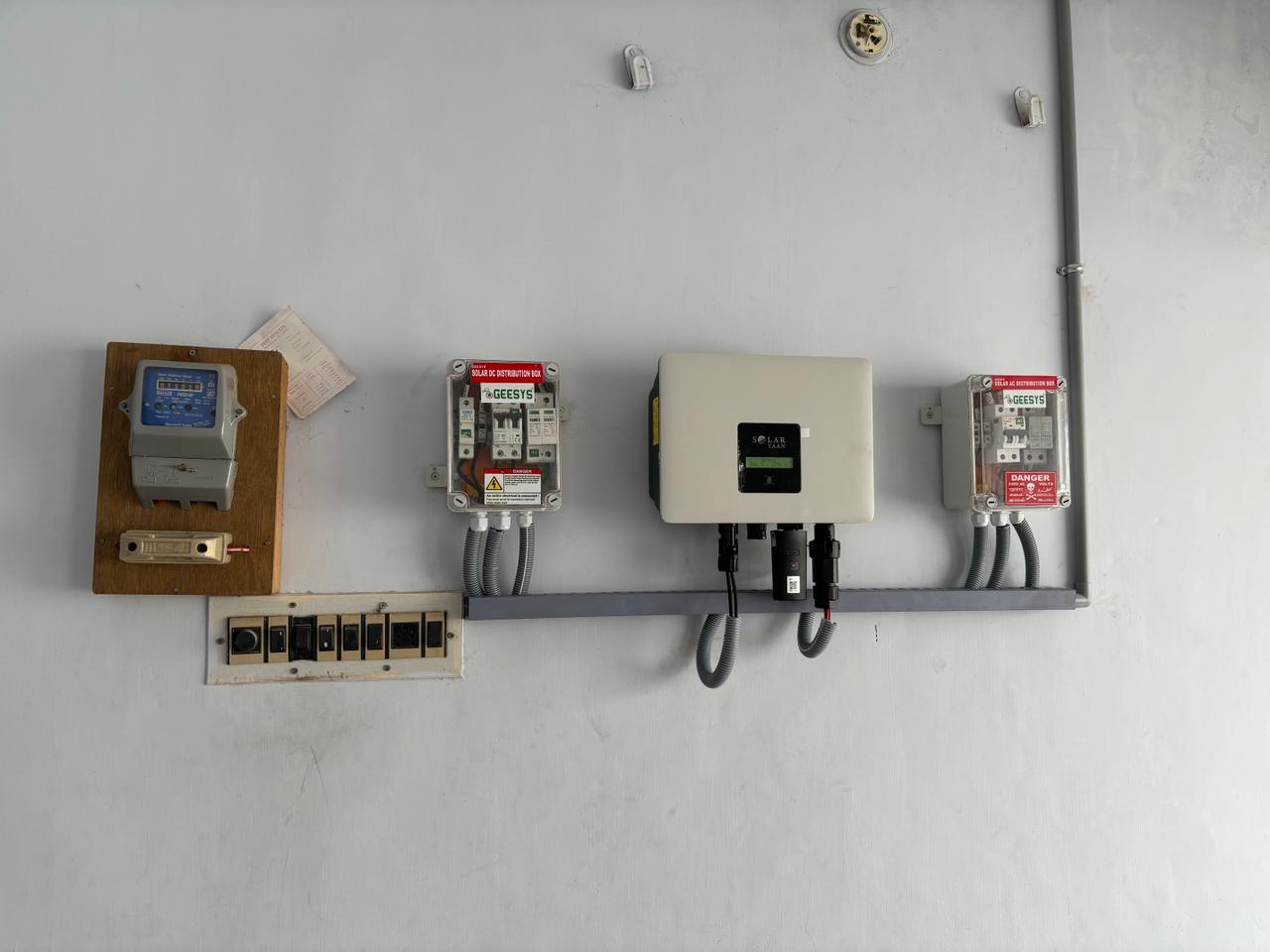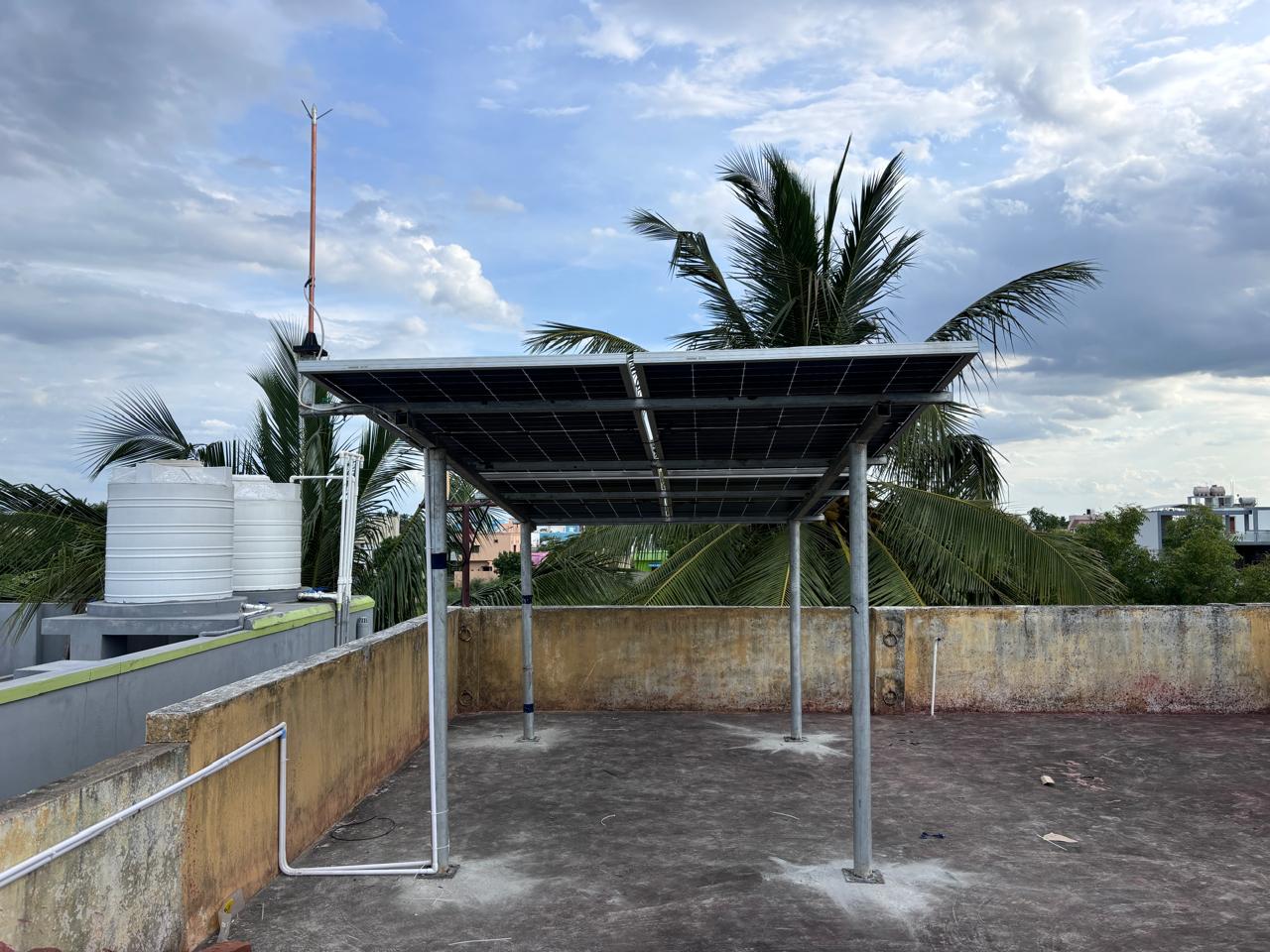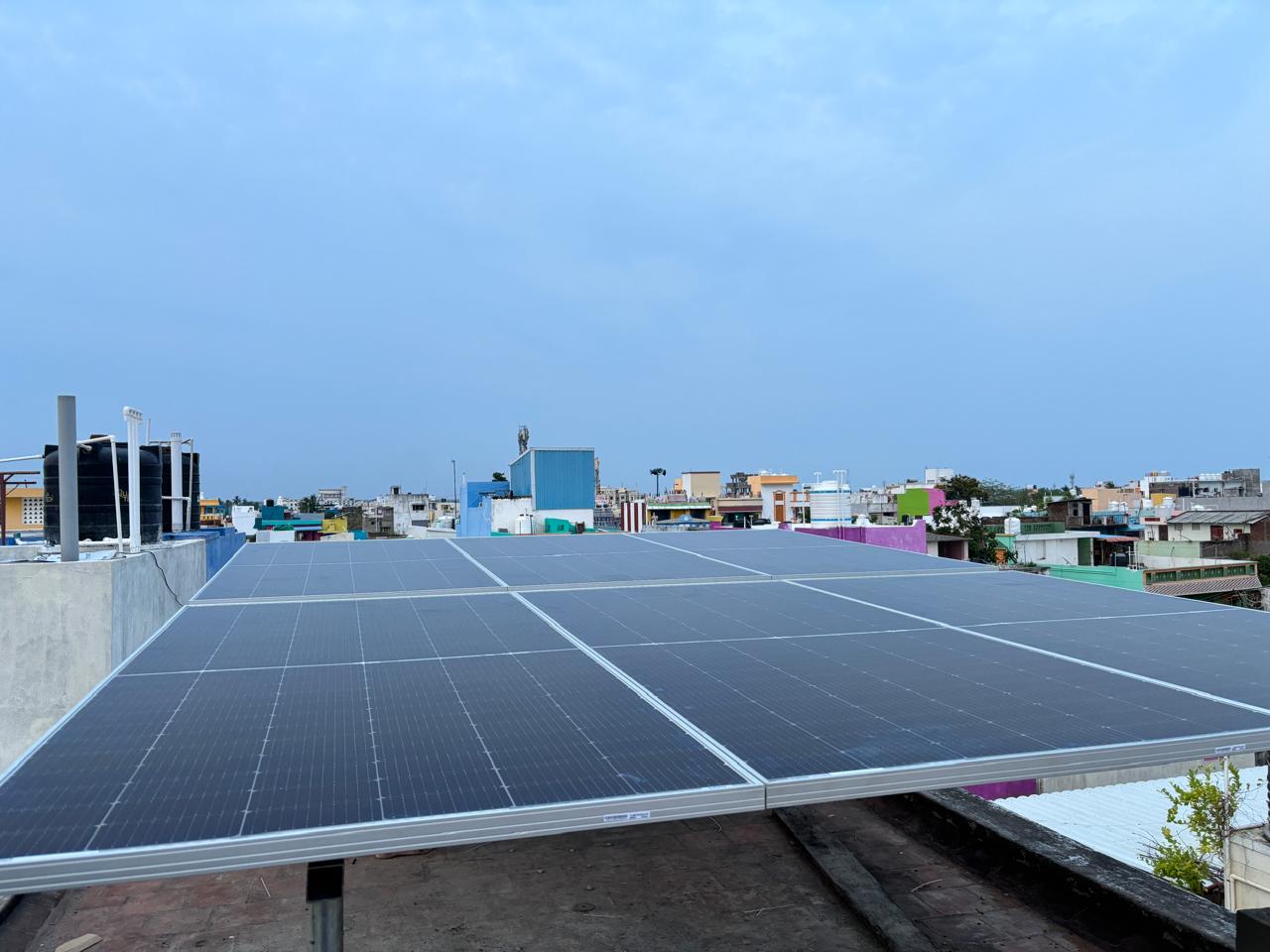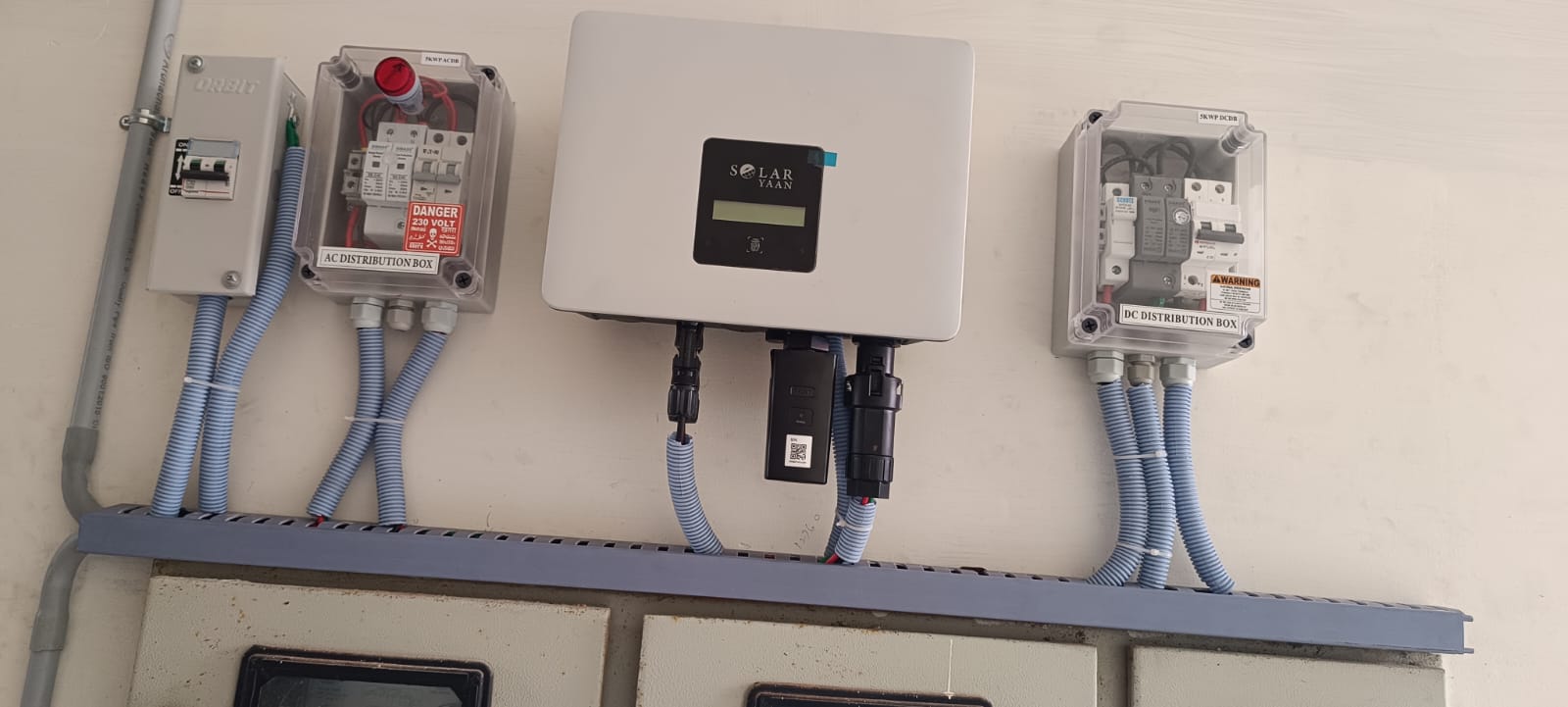
Join the Solar Revolution with Government Subsidy
Read More
Expert Solar Solutions for Homes, Offices, and Industries
Get Quote



A comprehensive guide to understanding and benefiting from the solar subsidy schemes offered by the government in Tamil Nadu and Puducherry.
The Government Solar Subsidy Scheme is an initiative aimed at promoting the adoption of solar energy across India. In Tamil Nadu and Puducherry, this scheme offers financial assistance to individuals and institutions looking to install solar panels. This article explores the key aspects of the solar subsidy scheme, including eligibility, benefits, application process, and more.

The solar subsidy scheme is designed to reduce the financial burden of installing solar power systems. By offering subsidies, the government aims to make solar energy more accessible and affordable. The scheme provides support for both residential and commercial installations, contributing to a significant reduction in electricity bills and promoting sustainable energy practices.
To qualify for the solar subsidy scheme in Tamil Nadu and Puducherry, applicants must meet the following criteria:
The solar subsidy scheme offers several advantages, including:
The process for applying for the solar subsidy scheme involves several steps:
Several key entities are involved in the implementation of the solar subsidy scheme:
The subsidy amount varies based on the size of the solar system and the type of installation. It is typically a percentage of the total installation cost.
The approval process can take anywhere from a few weeks to a couple of months, depending on the completeness of your application and the volume of applications being processed.
Subsidies are generally provided for new installations. However, you should check with the relevant authorities to see if there are any provisions for existing systems.
Yes, regular maintenance is required to ensure the efficiency and longevity of the solar system. This includes cleaning the panels and checking the system’s performance periodically.
